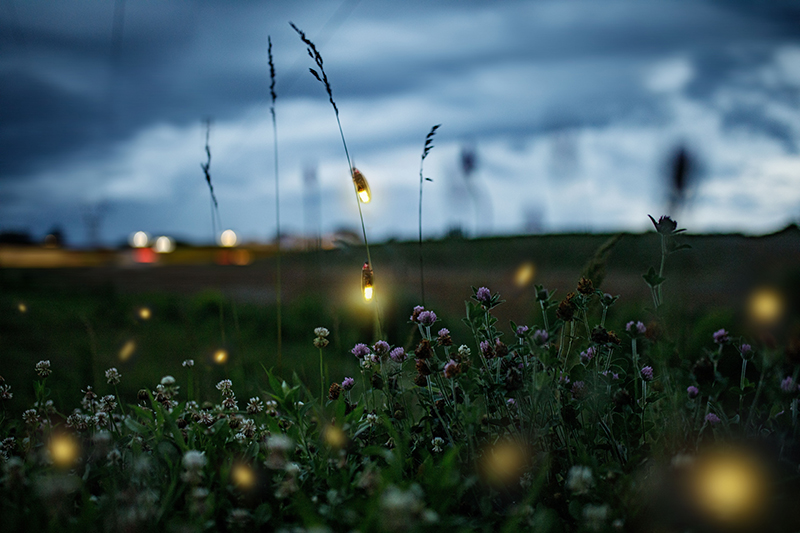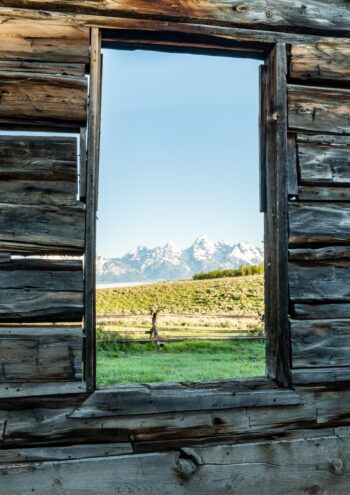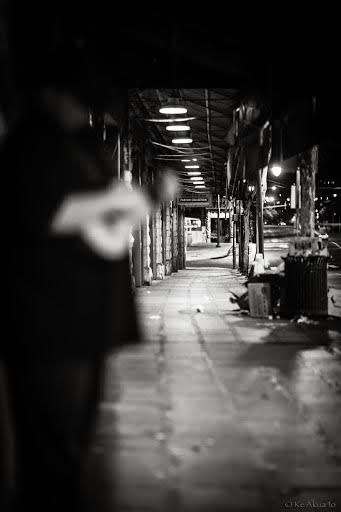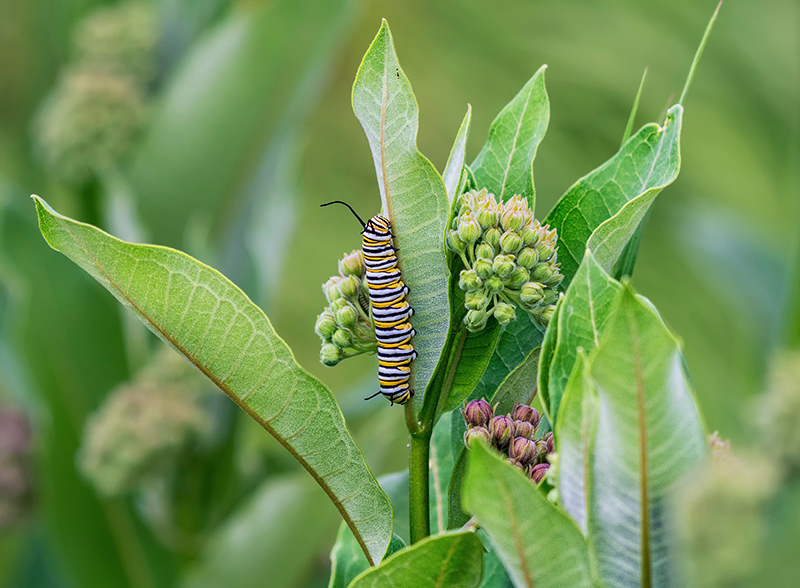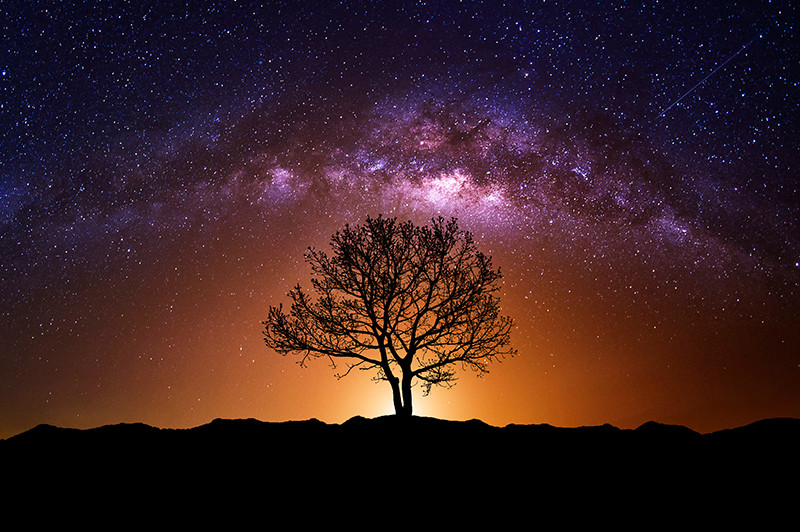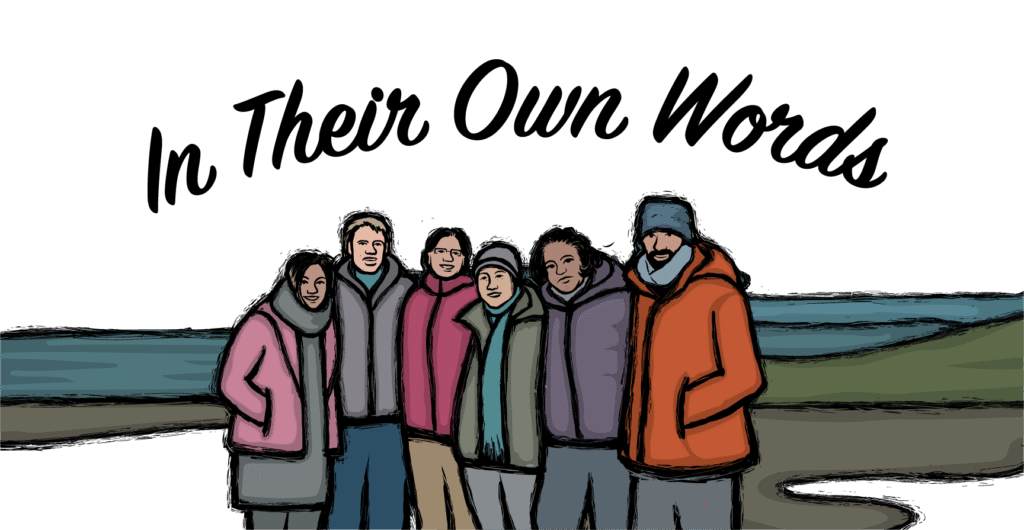
A CDE community virtual story circle
Since CDE’s beginnings, we have seen enormous growth in the ways people across the environmental movement think about and embody justice, equity, compassion, inclusion, and kinship. For many of us, it is crystal clear that our personal relationships, professions, and communities are not only enhanced by, but are dependent upon this work. We do this work not as an addendum, but because it provides the basic building blocks of a better, safer, more free and flourishing world for ourselves and the species with whom we share the planet.
CDE’s conversation series In Their Own Words aims to personalize this struggle, remind us we are not alone, and demystify and uplift concepts that are rooted in the power of connection and community. The first cohort of participants, in a series of informal interviews with CDE, gave their own “textbook” definitions of chosen terms and concepts, and then shared extemporaneous personal stories related to those terms or concepts. While In Their Own Words may use new prompts, questions, and conversations as the project evolves, stories will always be verbatim and pulled directly from conversation. CDE edits only for length, with the storyteller’s permission.
By bearing witness, sharing insights, opening inquiry, and celebrating individual experience, stories build bridges in discouraging times—supporting informative, reflective, generous, heart-felt engagement in our shared work toward environmental, climate, and racial justice.
After all, it is the stories we share that shape the future we’ll build together.
Read the Stories
White Supremacy Culture in Environmental Education
Were you taught that humans are separate from the natural world? That nature is a place to “go out to?” That’s white supremacy culture at work, and G. is striving to interrupt it.
Transformation as a New Way of Seeing
Changing your worldview on a fundamental level can be painful work. But for P., it’s worth the reward: a deeper, more compassionate connection with people and nature.
Whole Communities, Whole People
For K., authentic connection goes beyond the language of equity and inclusion — words that, when used imprecisely, can lose their meaning and even have the opposite effect. What does it feel like to be truly whole, within oneself and together as a community?
Talking About Transformation
What does transformation mean to you? For S., it goes beyond surface level change and has the ability to completely shift the way a person views the world—and their place in it.
On White Supremacy Culture and Gender
M. shares the formation of her understanding of white supremacy culture and her take on the specific role for white women in the push for justice.

